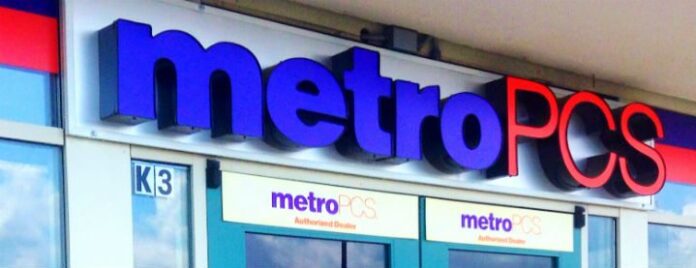The U.S. Department of Transportation, Vulcan Industries and AT&T will fund Smart City Challenge winner
Mayors of the seven finalist cities taking part in the U.S. Department of Transportation’s Smart City Challenge made clear that, if their city wins, the $40 million in federal funding will be used to create “ladders of opportunity” by introducing smart transit and mobility solutions into the urban landscape.
In addition to the $40 million in DoT funding, the winner will also receive $10 million from Vulcan Industries and, as announced by DoT Secretary Anthony Foxx at the Thursday pitch session, an additional $1 million from new sponsor AT&T.
Winnowed down from an initial list of 78 applicants, the seven finalist cities are Pittsburgh, San Francisco, Denver, Austin, Texas, Portland, Ore., Kansas City, Mo., and Columbus, Ohio.
Discussing what exactly defines a smart city, Foxx said the term means a city is “technologically advanced but also advanced in terms of reaching every single person in a given community. When we define a smart city, one of the things that we have to think about from the very beginning…is that a lot of times technology gets deployed to those who are best able to afford it first. I happen to think that one of the dimensions of a smart city is one that thinks about everybody at the beginning; one that creates access points for everybody from the beginning.”
Here’s a look at Foxx’s commentary, as well as remarks from Constance Sayers, president of Government Executive Media, which helped sponsor the pitch event, as well as the livestream.
Back to economic opportunities, Austin Mayor Steve Adler applied the opportunity for advancement to his city: “Austin is the most economically segregated city in the country. We have health outcomes that are determined by zip code. We need to take a look at innovation as a way to be able to address those challenges.”
Denver Mayor Michael Hancock said, “Our smart city proposal will create connections and ladders of opportunity for everyone, especially our long overlooked and underserved communities. We will deliver, we will deliver mobility freedom and safe connections to all people, regardless of their age, income, or ability.”
Subscribe now to get the daily newsletter from RCR Wireless News
Many of the proposals included creating dedicated transit corridors, many originating in underserved communities and connected to business centers, complete with fleets of autonomous electric vehicles to move residents and visitors.
Another recurring theme in the pitches was the idea of leveraging the $51 million from the Smart City Challenge to prompt further investment in overlapping municipal projects.
In Columbus Mayor Andrew Ginther said the $50 million would be a catalyst to a further $90 million in potential funding. Adler said in Austin the $50 million could potentially grow to an additional $300 million; that figure contemplates an additional $10 million to $50 million from the state of Texas, as well as a a potential $250 million federal award to reconfigure the stretch of Interstate 35 that runs through downtown Austin.
Providing the ability to browse, select and purchase multi-modal transportation options via a single mobile app was an additional recurring theme that showed up in multiple pitches.
Portland Mayor Charlie Hales said the city’s app UB Mobile PDX “takes advantage of emerging smart infrastructure” to show users the speed, cost, environmental outcomes and more associated with specific trips.
UB mobile PDX is app “that takes advantage of emerging smart infrastructure” to see speed, cost, environmental outcome for trips. “We’ll take the benefits of this innovation first to the people and places in our city that need them the most, bridging that digital divide. We’re uniquely set up to be that innovative prototyper again…to address the common challenges of American cities.”
Here’s a video of Kansas City Mayor Sly James’ pitch session.

